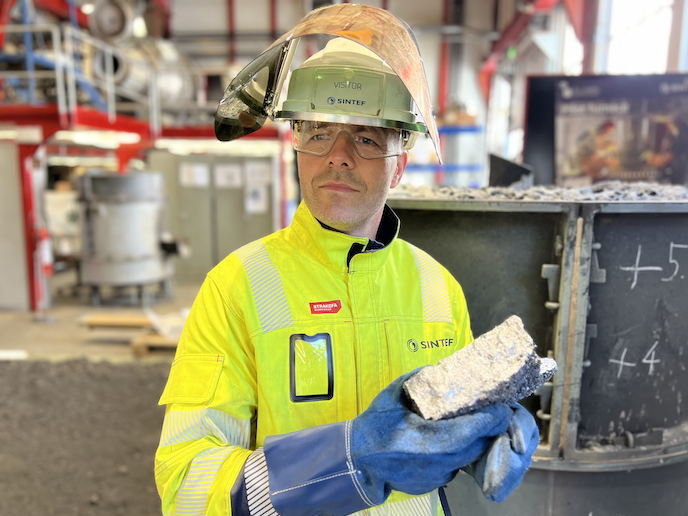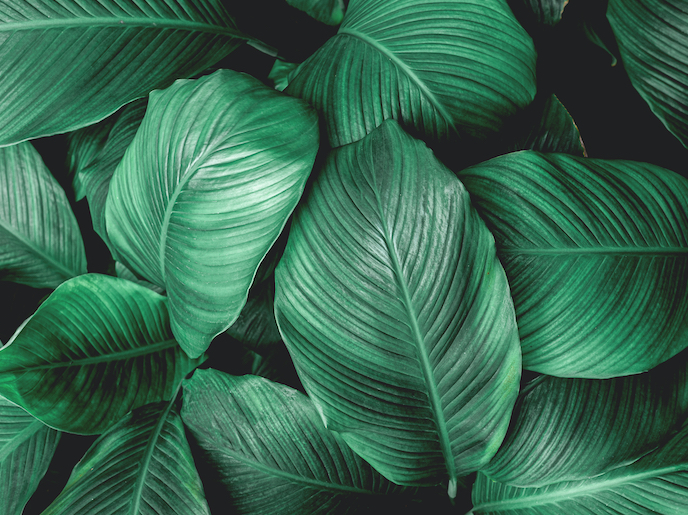Creating durable greenhouse plastics
Plastic greenhouses are widely used in Europe for cultivating plants on otherwise unproductive land. Plastic films that cover greenhouse structures are currently not very durable, readily degrading from exposure to heat, UV light and agrichemicals like sulphur and chlorine. The EU-funded GREENAVOID(opens in new window) (Greenhouse solution to avoid film cover U.V. and sulphur degradation) project aimed to create new, durable plastics for greenhouses. It also developed an improved system to vaporise sulphur-based pesticide so that minimal amounts come into contact with the greenhouse cover. Current greenhouse films contain harmful stabilisers that help to prevent plastic degradation. These include nickel quenchers that are classified as class I carcinogens, and UV light absorbers that affect hormone balance. GREENAVOID managed to avoid using these additives by developing a plastic film with multiple protective layers made from nanocomposite materials. By researching the durability and degradation of different materials under various environmental conditions, the work resulted in heat- and UV-resistant transparent plastics. For the final product, researchers created an upper layer that absorbs minimal light in the UV spectrum while letting in light needed for plant photosynthesis. An inner layer was designed to resist sulphur and chlorine (both chemicals used to control pests) as well as high temperatures. Finally, a middle layer provided reinforcement for extra durability. To further protect their film, the team developed a sulphur vaporiser system that applies sulphur evenly on the crop and accumulates less in the greenhouse cover. Apart from being less damaging to the plastic, this system will result in fewer sulphur dioxide emissions and lower pollution. By extending the one-year lifespan of current agricultural films to three years, GREENAVOID's new films will save money and energy and minimise plastic waste. The nanomaterials developed during the project can also be used in the automotive and packaging industries.







